
Artificial Intelligence (AI) has already begun to revolutionize numerous industries, and education is no exception. For students, AI presents both exciting opportunities and challenges that could shape their academic experience and future careers. From personalized learning to administrative efficiency, AI is poised to change the way students learn, interact, and grow.

One of the most profound ways AI can affect students is through personalized learning. AI-driven platforms can adapt to each student’s unique needs, providing tailored educational experiences. For example, AI can analyze a student’s performance in real time, adjusting lesson plans, quizzes, and other educational materials to fit their strengths and weaknesses. This individualized approach allows students to progress at their own pace, ensuring that no one is left behind.
“Students need to learn to think on their own. AI is good for some things, but when students use it to replace their own thought processes, they are not building their brain muscles,” English teacher Ms. Balke said.

“Personally, I believe that using AI shows a lack of integrity on a student’s part. Call me old school (I went to school long before the internet and AI), but I’m a firm believer that students should put in the work if they want a grade, not cheat by way of AI, copying from the internet, or ‘borrowing’ another student’s work,” English teacher Ms. Hamby said.

AI can also automate administrative tasks, reducing the workload for teachers and allowing them to focus more on instruction. Tasks such as grading, scheduling, and answering frequently asked questions can be handled by AI systems, freeing up time for educators to engage with students on a deeper level. This technology not only benefits teachers but also improves the overall learning environment by creating more time for meaningful interactions.

However, the rise of AI also brings concerns. Critics argue that heavy reliance on AI could diminish critical thinking and creativity. If AI is used as a crutch for students, there is the risk of them becoming overly dependent on technology rather than developing problem-solving skills and independent thinking. Additionally, there is the issue of data privacy since AI systems often require access to sensitive student data to function effectively.
Moreover, the digital divide is another concern. Access to AI tools and technologies is not universal, and students in underprivileged areas might not benefit from AI’s advantages, exacerbating existing inequalities. To ensure that AI serves all students equally, efforts must be made to bridge the gap between tech-savvy and under-resourced schools.
Despite these challenges, AI has the potential to drastically improve the educational experience, offering benefits that range from customized learning to increased efficiency in school operations. As long as the technology is used wisely and ethically, AI can enhance the academic journey for students, helping them to achieve their full potential.
In conclusion, AI’s influence on students will depend largely on how it is integrated into the educational system. When used appropriately, it can enhance learning, promote personalized education, and alleviate administrative burdens. However, educators must ensure that AI is a tool that complements human interaction, not one that diminishes it. By navigating these challenges, AI can be harnessed to create a more efficient and equitable educational experience for all students. Students also might need to learn how to think by themselves instead of depending on AI.


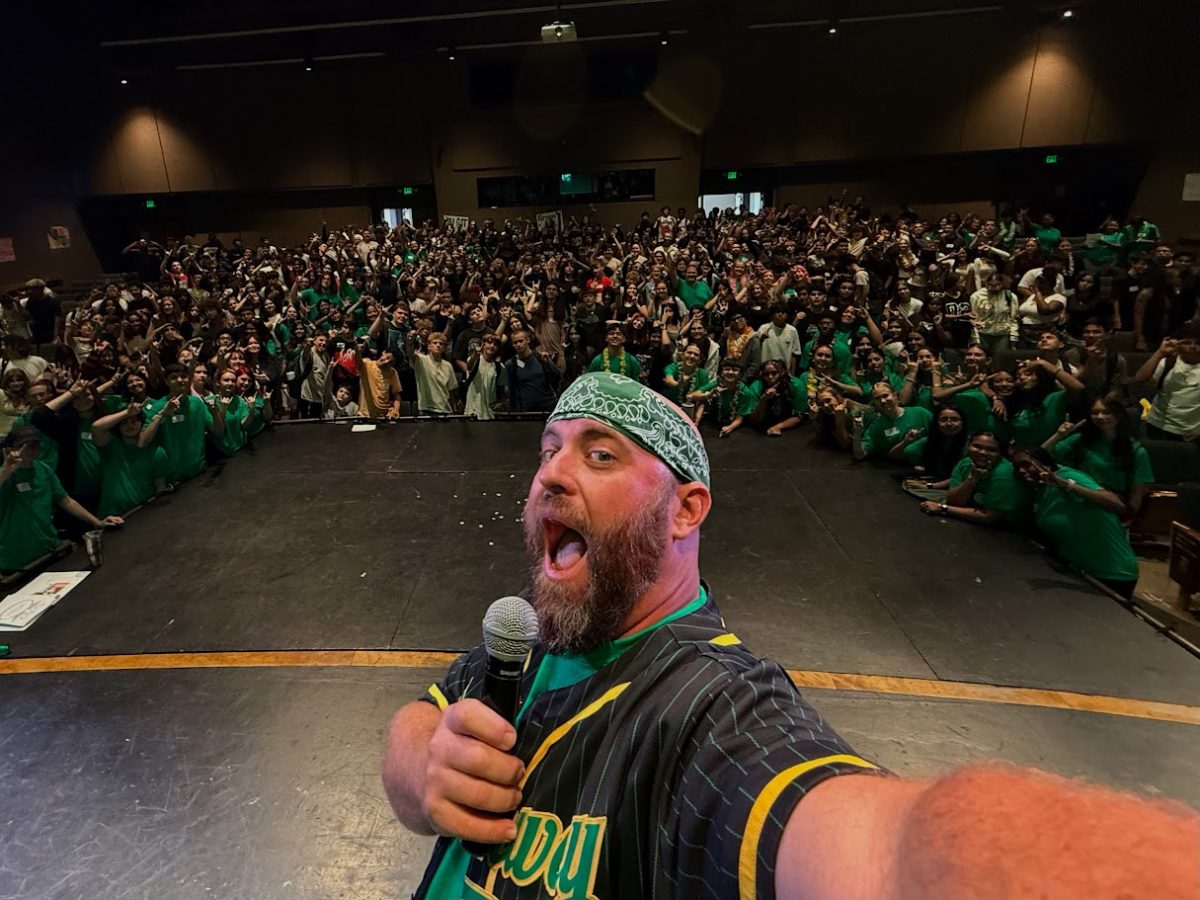


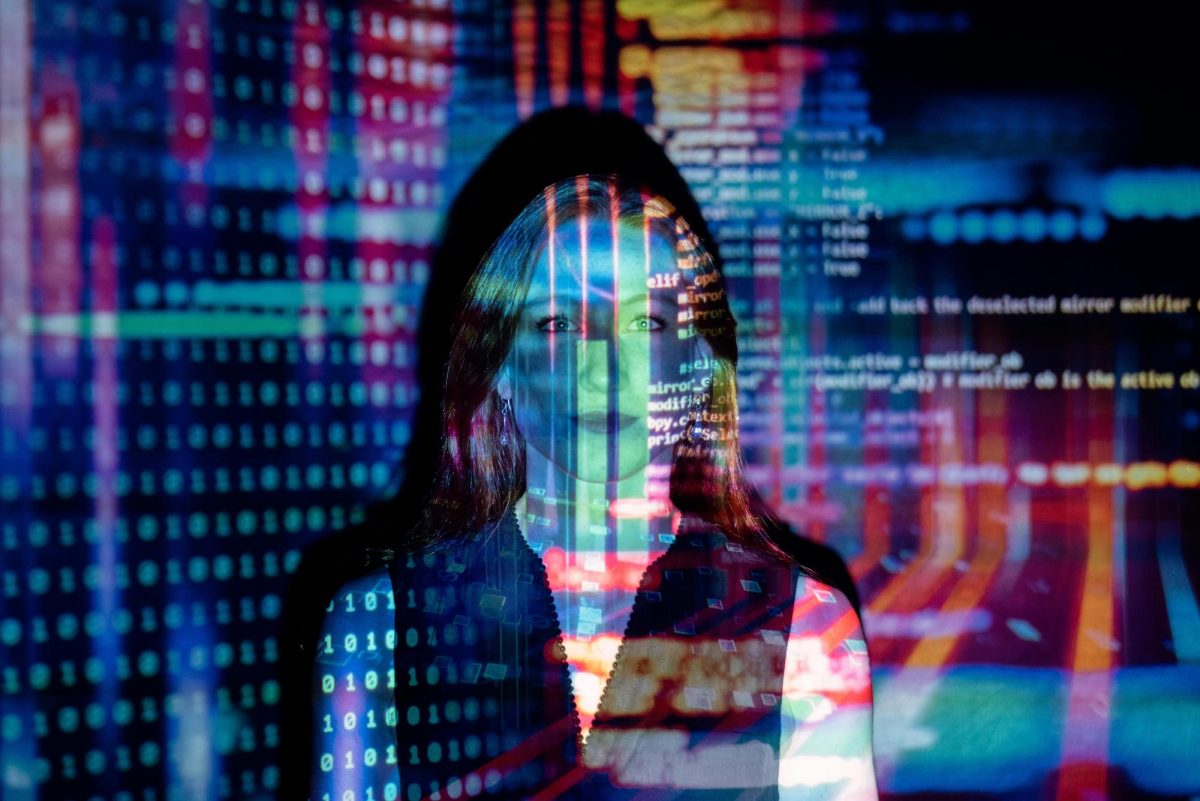
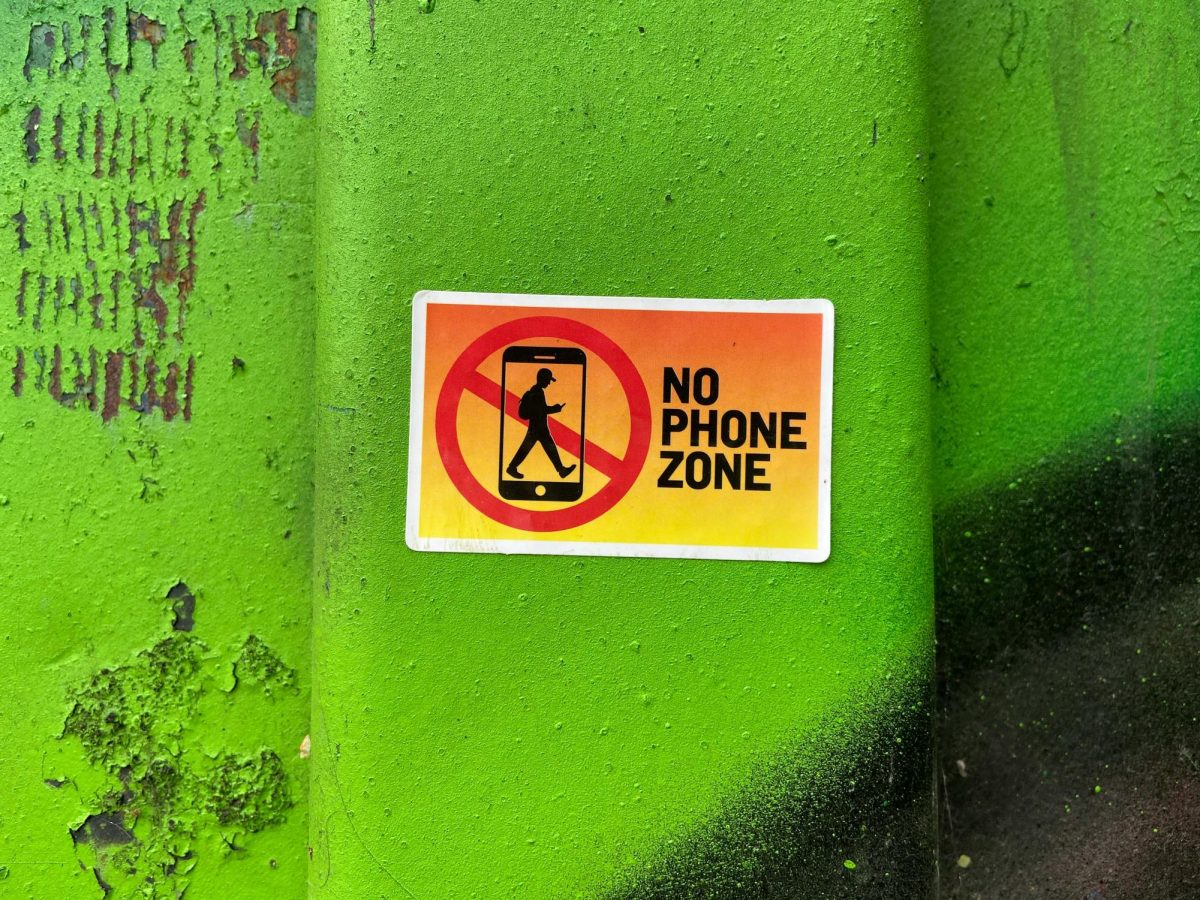







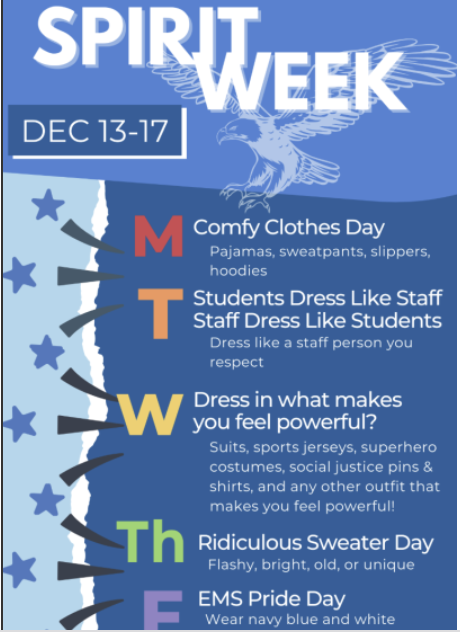




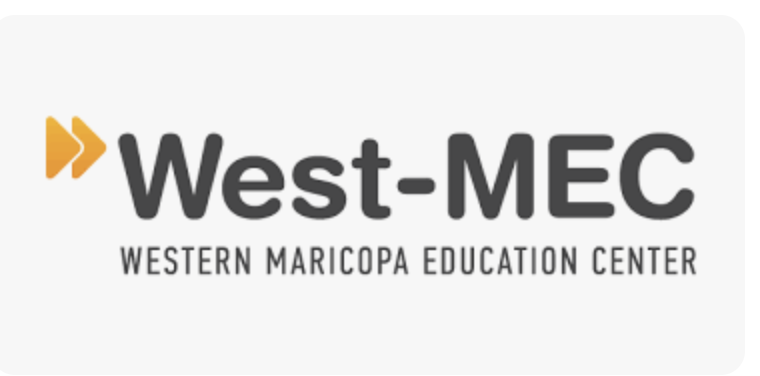
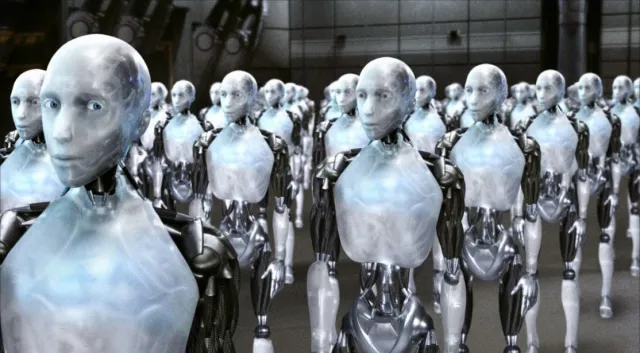

Elias Jackson • Apr 25, 2025 at 12:14 pm
I like that this story isn’t just one sided.
Maylene Meachum • Apr 24, 2025 at 12:51 pm
I hate AI so I like hearing others view on it.
My My Diep • Apr 24, 2025 at 12:47 pm
I like how this story talks about the point of view, how AI can be beneficial and something dangerous….
Yazlin Orduno Hernandez • Apr 24, 2025 at 12:46 pm
scary how AI can do alot of diffrent things but its cool at the same time
Azlynn Squires • Apr 24, 2025 at 12:36 pm
I use AI on every assignment. I love it.